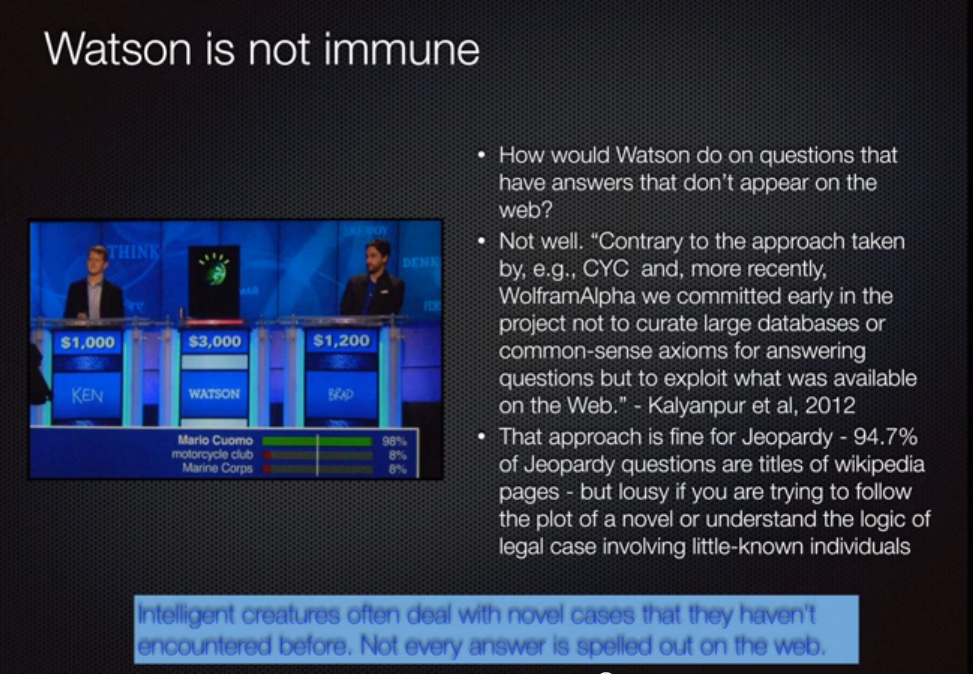A colleague at knowmatters.com sent me a an interview with Peter Thiel as I was reading about a battery less transceiver where I found a partial quote from Steve Jobs. The original quote, which can be found at the Wall Street Journal, goes on to further agree with Mr. Thiel:
Creativity is just connecting things. When you ask creative people how they did something, they feel a little guilty because they didn’t really do it, they just saw something. It seemed obvious to them after a while. That’s because they were able to connect experiences they’ve had and synthesize new things. And the reason they were able to do that was that they’ve had more experiences or they have thought more about their experiences than other people. “Unfortunately, that’s too rare a commodity. A lot of people in our industry haven’t had very diverse experiences. So they don’t have enough dots to connect, and they end up with very linear solutions without a broad perspective on the problem. The broader one’s understanding of the human experience, the better design we will have.
As it turns out, my colleagues at Knowmatters worked extensively with Jobs. I only pursued the quote further because of the stories they have told.
The interview/article states:
Mr. Thiel spends much of his time agitating to change how we educate people and create economic and technological growth. In his book “Zero to One,” written with Blake Masters, Mr. Thiel argues that society has become too rule-oriented, and people need to devise ways to think differently, and find like-minded individuals to realize goals.
And quotes him:
We’ve built a country in which people are tracked, from kindergarten to graduate school, and everyone who is “successful” acts the same way. That is overrated. It distorts things and hurts growth.
This is the “one size fits all” approach to standardized education. Personalized e-learning promises to disrupt this. The resulting creativity and growth is aspirational for Knowmatters.

